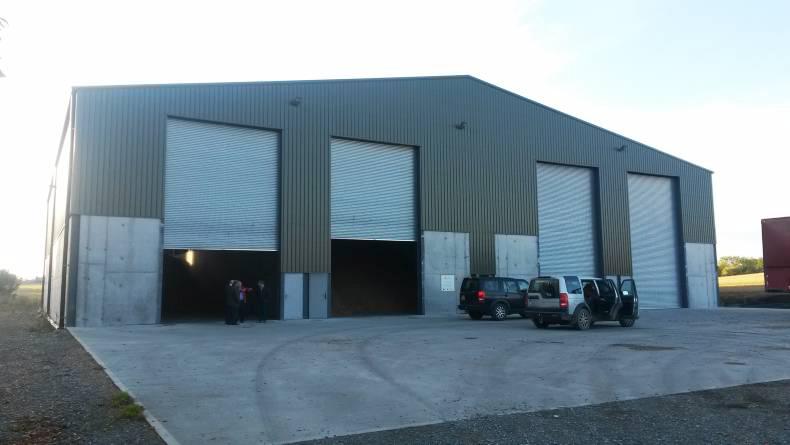The group representing non-domestic Renewable Heat Incentive (RHI) accredited boiler owners is currently considering taking legal action over legislation approved by the Stormont Assembly this week to cut RHI payments.
On enquiry, a spokesperson for the Renewable Heat Association NI (RHANI) said the group is currently liaising with its members and will be making a statement in due course.
Legislation to change tariff rates to around 1,800 claimants in the non-domestic RHI scheme by introducing tiered and capped rates was approved by the Assembly on Monday evening.
The change in tariff rates will be for the 2017/18 financial year and will put all RHI claimants on the tariffs that were introduced for biomass boilers that became accredited after November 2015 and up to the scheme’s closure in February 2016.
For biomass boilers between 19kWth to 199 kWth in size, the regulations mean a 6.5p/kWh tariff will be paid for the first 1,314 hours of heat produced each year, with 1.5p/kWh paid thereafter up to an annual cap of 400,000 kWh.
A consultation will be launched shortly for a longer-term solution to address the £490m overspend from the RHI scheme.
Invitation to tender
Speaking in the Assembly on Monday, Economy Minister Simon Hamilton said that work is also being carried out on a document inviting parties to tender for inspection work. It is part of a process that will eventually see all RHI boilers inspected. As part of a report by consultancy firm PwC, 295 or 20% of RHI boilers have already been checked.
Meanwhile, an interim court injunction has been placed on the Department for the Economy to prevent the names of RHI claimants who are members of RHANI from being made public.
Over 450 members of RHANI will be covered by the ruling until a final judgement is made next week on the organisation’s legal challenge to the department’s RHI claimant publication plan.
The RHANI spokesperson said that 140 members joined the group on Tuesday ahead of the deadline for the injunction, enforced from 5pm.






 This is a subscriber-only article
This is a subscriber-only article










SHARING OPTIONS: